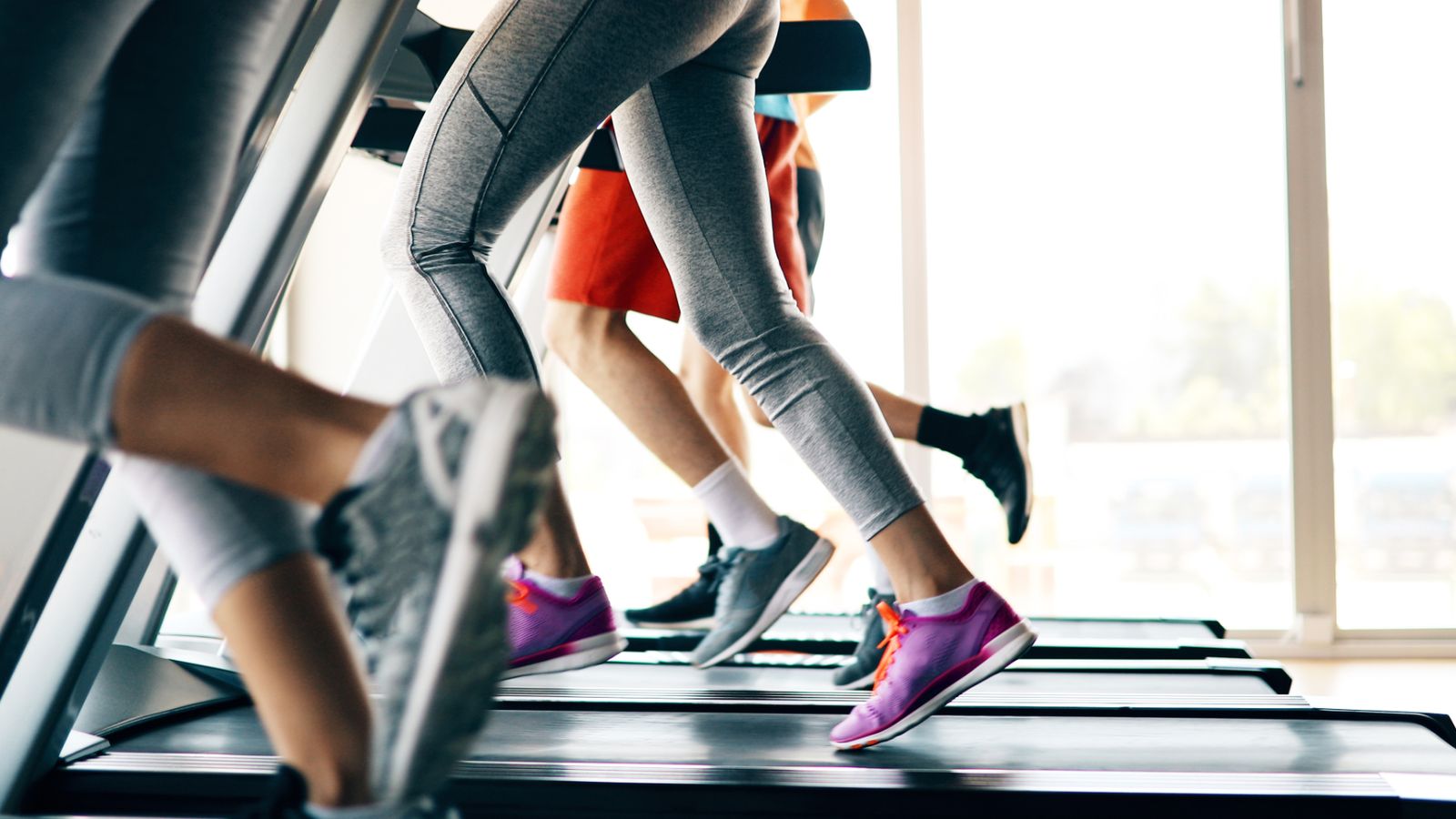Exercising at least twice a week significantly cuts the risk of insomnia, according to a study.
It found people who worked out regularly were 42% less likely to have trouble getting to sleep and 22% less likely to report any insomnia symptoms.
Those who keep up exercise long term were found to be 55% more likely to be normal sleepers – getting six to eight hours – than people who weren’t active.
The study, published in the BMJ Open journal, also found consistent exercisers were about a third (29%) less likely to be short sleepers (under six hours per night).
And they were 52% less likely to sleep for a very long time (over nine hours a night).
Experts looked at data on 4,339 people, with a rough 50/50 gender split, from nine European countries.
They were asked about their exercise habits at the start of the study and again a decade later.
Just 22 minutes moderate exercise a day can offset negative effects of sitting down, study finds
Middle aged people and women are not doing enough exercise, study warns
People can be ‘fat but fit’ and should focus on exercise rather than dieting for a longer life, experts say
They were also asked about any insomnia symptoms such as difficulty getting to sleep, staying asleep, waking too early, and how long they normally slept for.
People who worked out at least twice per week, for at least an hour per week, were designated as physically active.
Those who were still at this level 10 years later were classed as persistently active (25%) by researchers, while 37% were found to be persistently non-active.
Norwegians were most likely to be persistently active, while those in Spain and Estonia were most likely to be continually inactive.
Keep up with all the latest news from the UK and around the world by following Sky News
Read more from Sky News:
Preventative cancer therapies can cause disease to ‘hibernate’ and return
AI could predict patients’ future health conditions
The experts’ analysis showed “physically active people have a lower risk of some insomnia symptoms and extreme sleep durations, both long and short”.
However, the researchers – which included academics from Imperial College London and Reykjavik University – said the sleep benefits could disappear if people stopped exercising.
Huw Edwards, chief executive of ukactive, the trade body for the physical activity sector, said: “This study shows the essential role that physical activity can play in lowering the risk of insomnia and we know that a good night’s sleep helps us to feel better and be more productive the following day.”





